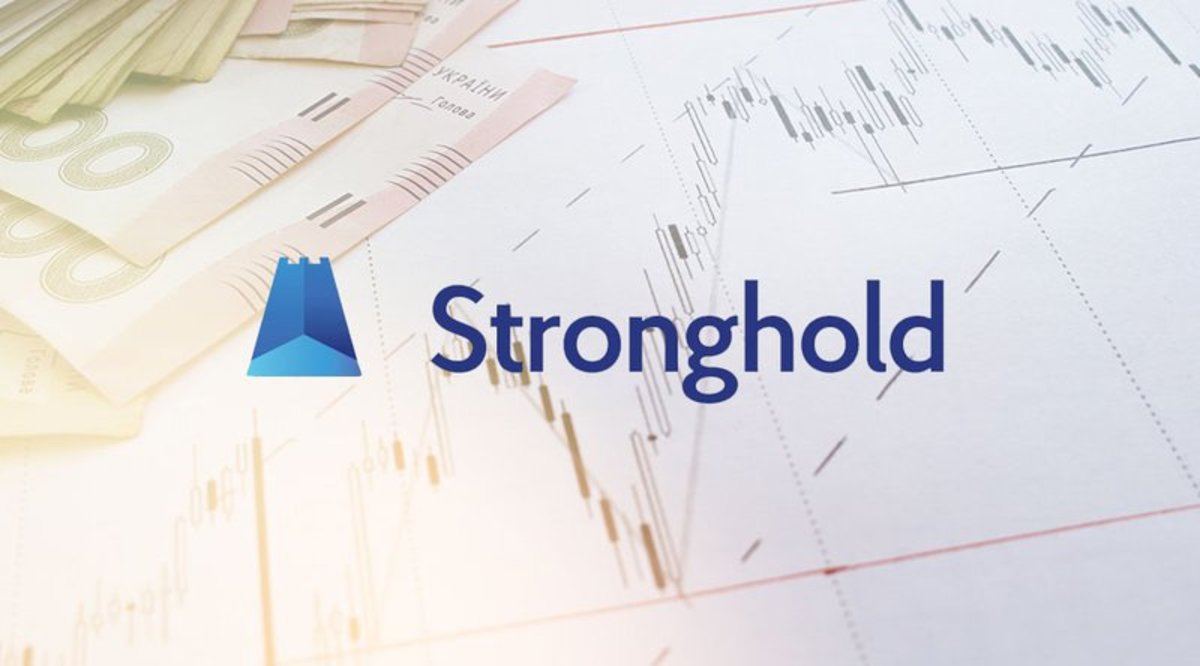
Stronghold, a cryptocurrency trading platform housed by Stellar, is launching a stablecoin on its parent network’s blockchain in collaboration with IBM. Stronghold USD will be backed with “one-to-one U.S. dollars per coin,” according to an official press release, and held in an account with Nevada-based Prime Trust, the same trust company that banks for the stablecoin TrueUSD.
The stablecoin is also purportedly protected by FDIC Insurance, something no other stablecoin or cryptocurrency company — bar Coinbase and Gemini — can claim. Founded in 1933 in the throes of the Great Depression, the FDIC is a federal agency that provides deposit insurance for clients at commercial banks and savings institutions, covering amounts up to $250,000.
As an exchange, Stronghold acts as a Stellar network anchor, a trusted entity that holds deposits and issues corresponding credit for these deposits. Anchors allows Stellar’s users to bridge the gap between networks, as any currency (fiat or crypto) can be represented as credit on the network and traded accordingly (except for lumens, which is Stellar’s native coin and is settled on-chain without the need for an anchor or credit).
Stronghold USD will act as a new anchor for Stellar’s network. Underpinned by Stellar’s blockchain, Stronghold USD will be issued and transacted on the network, and users will be able to liquidate their Stronghold USD through Stronghold’s exchange or Prime Trust.
IBM’s involvement in the project is unsurprising given the legacy tech company’s ongoing partnership with Stellar. Stronghold also chose to collaborate with IBM to explore the potential business and enterprise application of their newest offering. The partnership will test this potential by examining use cases for the blockchain businesses that leverage IBM’s blockchain platform.
“The digitization of real-world assets using blockchain can dramatically transform many forms of financial transactions conducted around the world,” Global Vice President of IBM Blockchain, Jesse Lund, said in a statement.
“New types of fiat-backed instruments, like Stronghold’s USD token, have the potential to improve the backbone of international banking operations and payments, giving banks an easier way to integrate with public blockchain networks without significant changes to their core banking and compliance infrastructure.”
The company statement seems to take aim at other stable tokens in the ecosystem: “[the] intent of issuing a token, like Stronghold USD, is to strengthen confidence in the practical application of stablecoins for routine transactions by addressing the challenges associated with previous attempts at fiat-backed coins, where limited transparency into the underlying reserves guaranteeing the coin’s value prevented broad adoption.”
“Previous attempts” could be pointing a semantic finger at Tether, the oldest and most popular stablecoin on the market. Tether has long drawn skepticism and criticism from the community for its lack of transparency and opaque asset management practices. The company has repeatedly stressed that it can’t acquire an official audit to attest to the dollar reserves that are supposedly backing its supply, and naysayers doubt that it has one-to-one backing at all. Researchers at the University of Texas at Austin have even argued that Tether’s fractional issuance inflated bitcoin during last year’s bull run.
Unlike Tether, Stronghold USD is audited, according to Scott Purcell, Prime Trust’s CEO, but the identity of the auditing firm has not been revealed. The new stablecoin also features backing by the FDIC in what may be perceived as a badge of legitimacy and reliability.
Tether is also mainly used as a haven of stability for traders. When navigating the daily volatility of the cryptocurrency market, traders will often “tether up” to avoid losing their holding’s dollar value. Judging by the press release’s emphasis on business, Stronghold and IBM are working to bring Stronghold USD to business, financial institutions and the like for enterprise adoption and day-to-day use.
Stronghold is currently accepting applications for institutional investors and entities to test Stronghold USD. Access for retail investors will be opened at a later but unspecified date.









